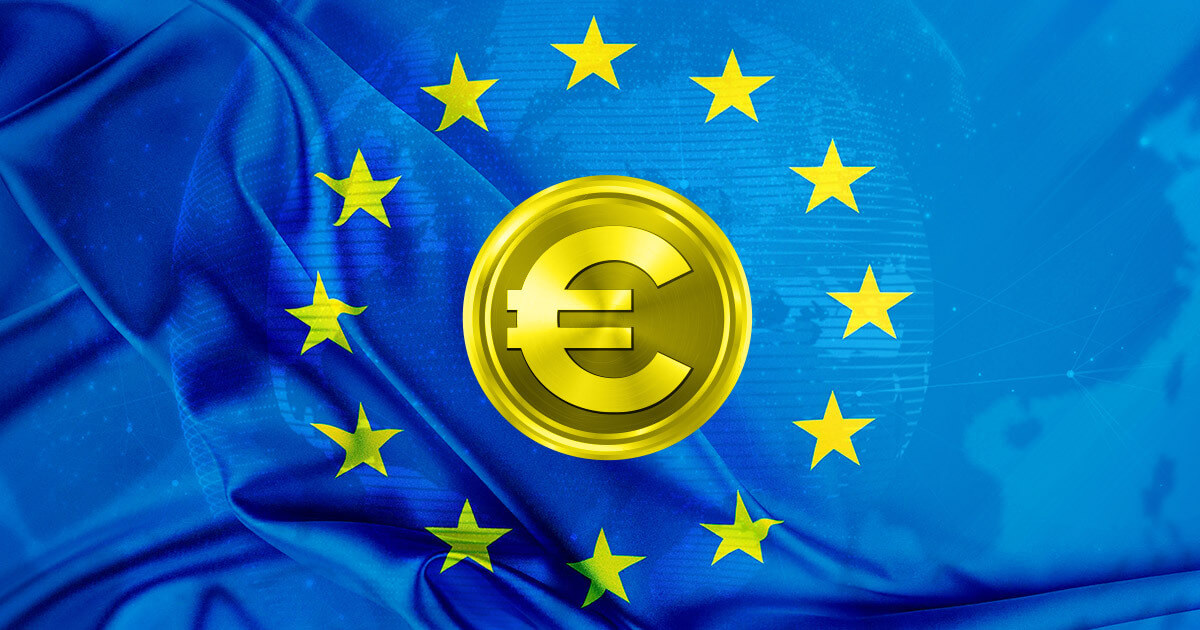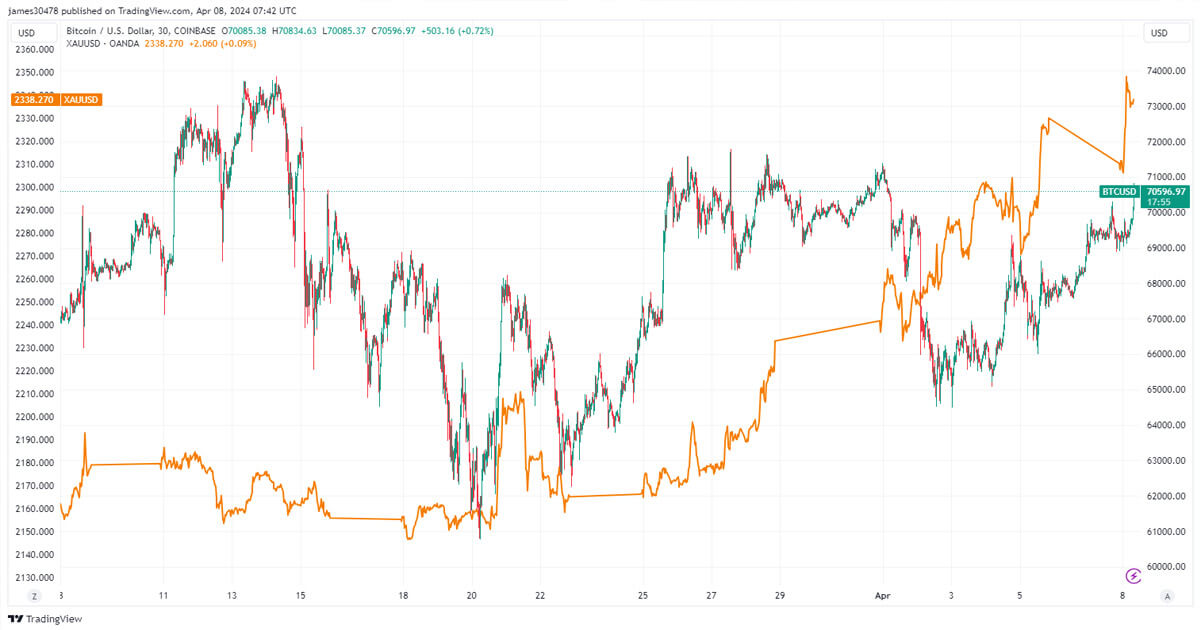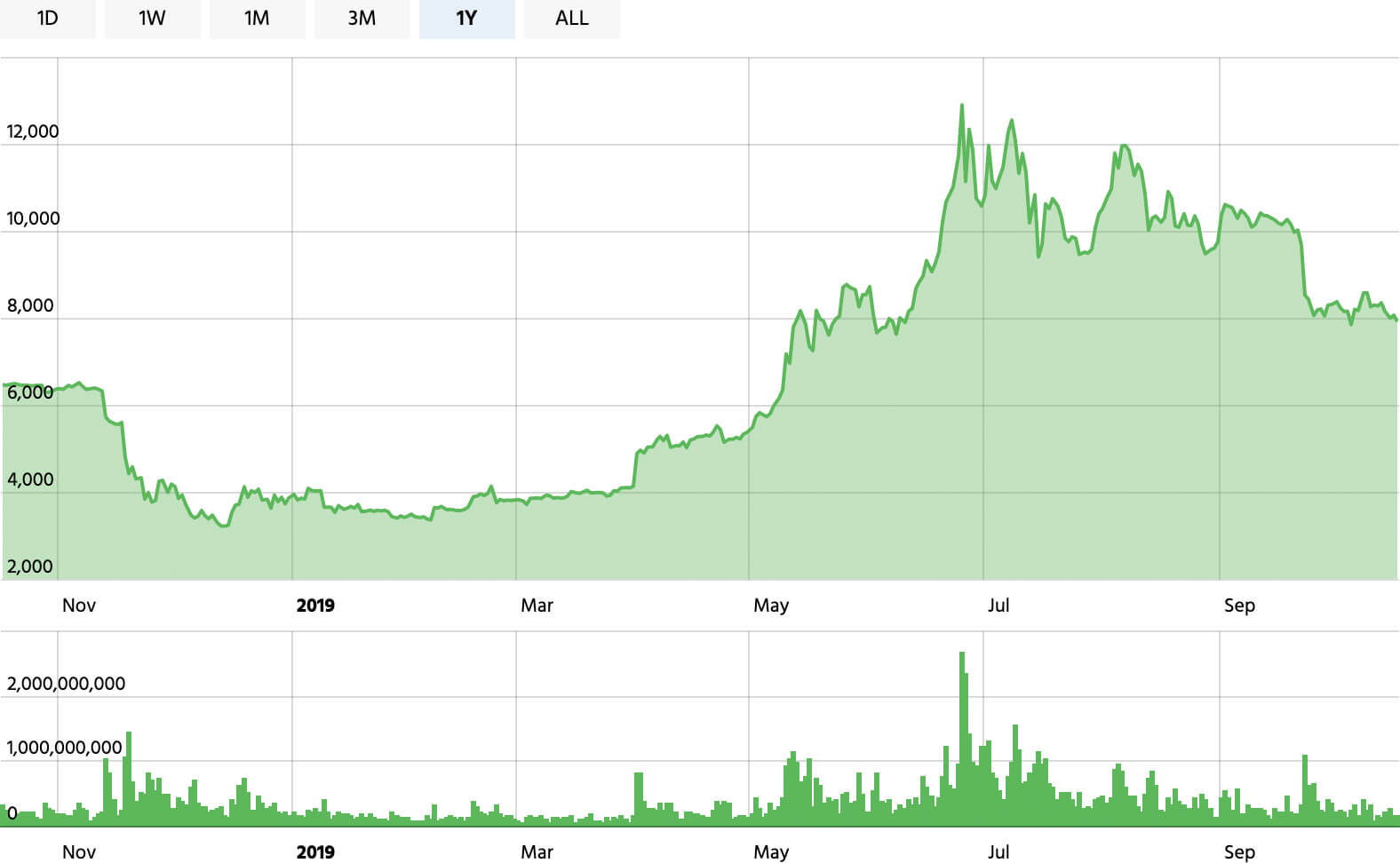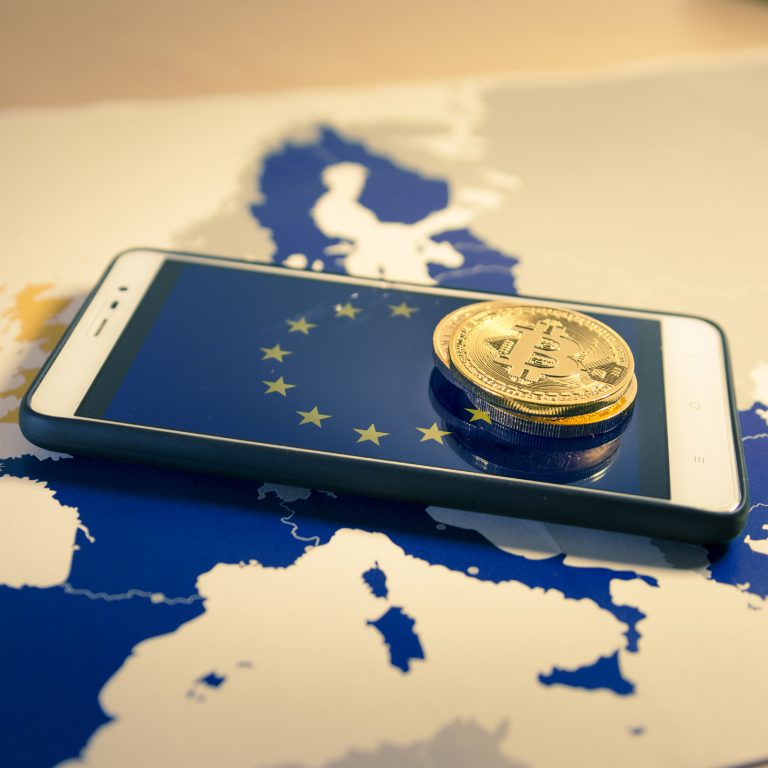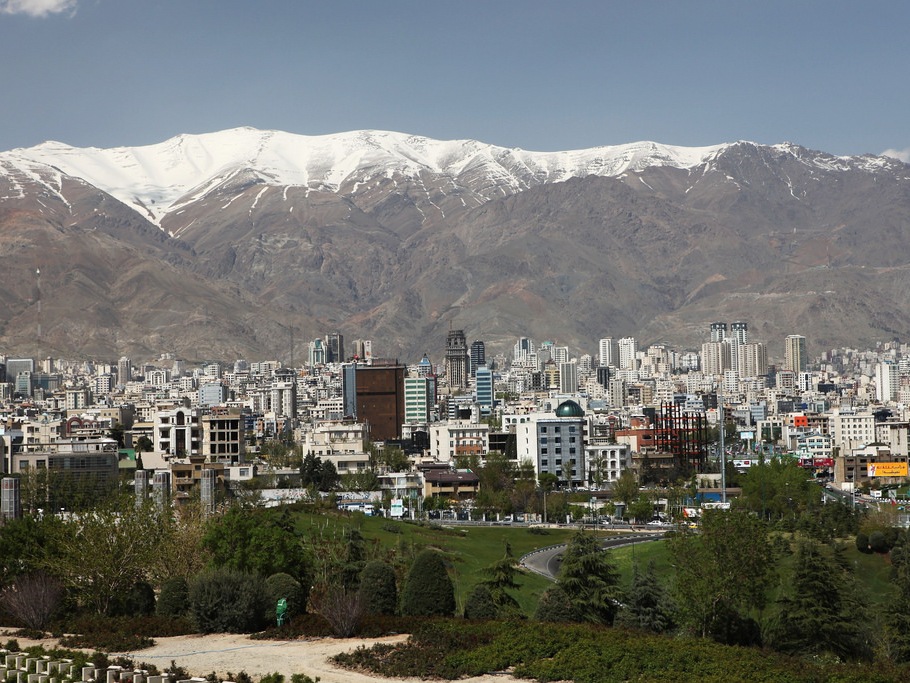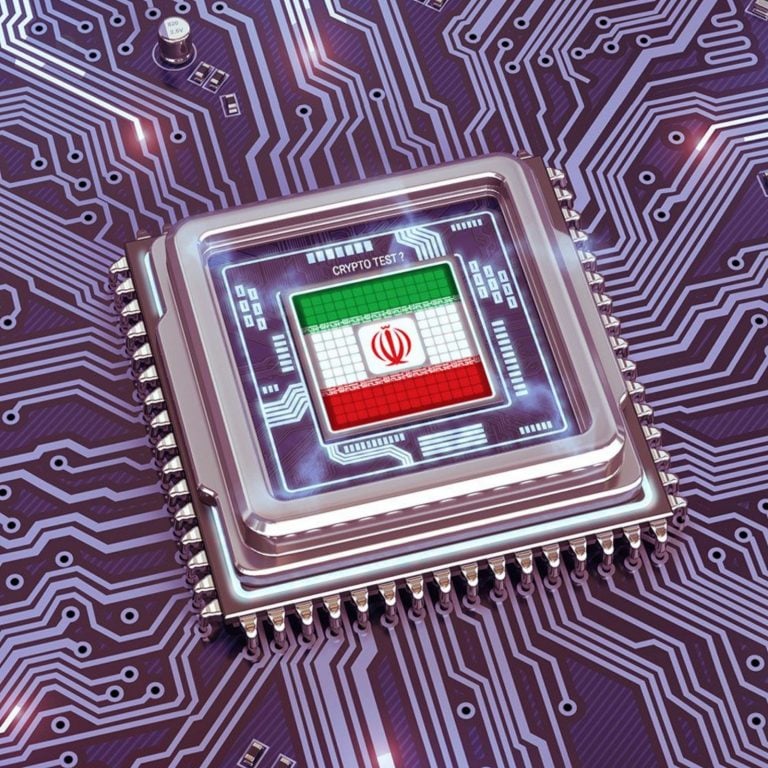2019-10-13 10:00 |
Analysis of LocalBitcoins data shows that Bitcoin has exceptionally high rates of usage in countries with low economic freedom, supporting the argument that BTC is sound, unstoppable money.
Understanding LocalBitcoinsEstablished in 2012, LocalBitcoins is the world’s most popular and longest-standing peer-to-peer Bitcoin exchange. The service facilitates cash-to-BTC trades in 249 countries with a global average weekly volume of 8,988 BTC this year. This data is particularly useful for analysis of regional trends in Bitcoin adoption in ways that other online exchanges are not, as pointed out by data scientist Matt Ahlborg.
Since trades through the Helsinki-based exchange usually involve a large premium to Bitcoin’s spot price, and that all of the platform’s discernable volume is fiat-to-crypto, LocalBitcoins is less useful for speculative trading. Unlike other exchanges which have been shown to support prevalent wash trading, most of the economic activity on LocalBitcoins is likely real because of these factors.
Another crucial point: LocalBitcoins is peer-to-peer. As such, the platform can help can help people circumvent local regulations and provide service to jurisdictions that may outlaw Bitcoin. These features provide a treasure-trove of high-quality data, giving deeper insight into how Bitcoin is used and what areas of the world it is impacting.
The following analysis focuses on 46 of the largest markets by trading volume from Jan. 1, 2017 to Oct. 1, 2019, using data from crypto analytics website Coin Dance.
Russia, US, and China leaders by total volumeA total of 1.6 million BTC were traded on LocalBitcoins over the analyzed 33 months. Russia was the largest market, accounting for 25 percent of all volume. The United States and China were the second and third largest, with 17.8 and 13.1 percent of volume, respectively.
Source: CoinDanceTen largest markets by volume:
Russia—386K BTC United States—282K BTC China—208K BTC United Kingdom—155K BTC Nigeria—101K BTC Venezuela—99K BTC Colombia—40K BTC Australia—40K BTC India—28K BTC South Africa—23K BTCThe Russian government was one of the earlier major economies to legalize, or at least decriminalize, Bitcoin in 2016. It declared cryptocurrency “not illegal” in a dramatic u-turn from its previously harsh stance, where all exchanges, including LocalBitcoins, were seemingly banned.
Months after the move, a number of state-level actors seemed to have pushed Russia into becoming a Bitcoin powerhouse. One of President Vladamir Putin’s aides announced, presumably under the directive of Putin, a plan to challenge China as de facto mining incumbent.
There are several theories explaining Russia’s sudden change of opinion. The more cynical view is that the country’s oligarchs are using cryptocurrency to evade international sanctions. More optimistic analysts say the thriving Russian blockchain community has resulted in a sincere interest in the original cryptocurrency.
China is an obvious market for LocalBitcoins given the nation’s outright ban on cryptocurrency exchanges. Coupled with a $50,000-a-year limit on foreign currency purchases for citizens, Bitcoin is an obvious choice for circumventing capital controls.
For the United States, high volume may simply indicate that the nation is an early adopter with a healthy body of adherents. In contrast to Russia and China, which did not record meaningful volumes on LocalBitcoin prior to 2016, the U.S. posted significant volumes beginning in mid-2013.
Bitcoin as a remedy for restricted economies?It’s a different story when these figures are adjusted to the population.
Venezuela, an economy that since 2010 has been barreling towards collapse—demonstrated through caustic inflation—is the most Bitcoinified economy by capita. Data shows ownership of 317 BTC per 100,000 citizens. Russia ranks a close second, at 272 BTC per 100,000.
Sources: The World Factbook, CoinDanceWhile the argument for Bitcoin as a deflationary hedge against currency inflation has solidified in recent years, there does not yet appear to be a compelling correlation between inflation rates and LocalBitcoins volumes proportionate to population, aside from Venezuela with its outlandish 10 million-percent inflation rate.
At this point, the limitations of using LocalBitcoins data for analysis must be recognized, however. The hyperinflated economies of Argentina and Turkey, for example, have seen immense spikes in trading volume on local exchanges—not LocalBitcoins—during periods of heavy inflation. Evidently hyperinflated economies may be using alternate fiat-to-crypto exchanges accounting for volumes that are not represented here.
Top 10 countries by inflation rate, BTC per 100,000 citizens:
Rank Country Inflation rate (%) Rank, BTC per 100,000 citizens (out of 46 countries) 1 Venezuela 10 million 1 2 Argentina 43.7 29 3 Iran 37.2 37 4 Turkey 17.5 35 5 Egypt 14.5 45 6 Nigeria 11.7 15 7 Ukraine 8 18 8 Pakistan 7.6 36 9 Kazakhstan 5.5 31 10 Russia 5 2 Sources: IMF, CoinDanceIf not inflation, another factor that cannot be ignored is Venezuela’s lack of economic freedom. As the world’s second-least economically free nation after North Korea, Venezuela has an authoritarian economy fraught with corruption, and capital controls. Combined with a broad list of international sanctions against the country (which reportedly considered turning to BTC and ETH to circumvent these restrictions) it is understandable why Venezuelans would turn to Bitcoin.
Despite the cryptocurrency’s volatility, a difficult-to-confiscate hedge against the local currency and government makes sense.
Another key metric affirms this narrative: the amount of money Venezuelans spend on Bitcoin relative to income. Right now, it’s the highest in the world by a large margin.
Intriguingly, several of the world’s most free economies rank in the top-10 for Bitcoin per capita relative to GDP, namely New Zealand, the United Kingdom, Sweden and Australia. For these countries, the speculative upside to Bitcoin may play a larger role for adoption.
Sources: The World Factbook, CoinDanceThus, it is evident that economic restrictions are only one factor in what motivates people to Buy Bitcoin. The graph below demonstrates that asides from outliers like Venezuela and Russia, citizens of some of the world’s most economically free nations are flocking to the cryptocurrency.
Sources: Fraser Institute, CoinDanceInternet penetration could play a role in explaining why citizens of the most economically free nations are spending large amounts on Bitcoin.
Internet penetration, the percentage of the population with access to the internet, could be part of the story in explaining why citizens of the most economically free nations are spending a large amount of income on Bitcoin. The United Kingdom, Sweden, New Zealand, and Australia rank amongst the top 15 nations in terms of internet penetration, while exhibiting high volumes relative to population and GDP per capita.
Sources: World Bank, CoinDance Bitcoin as a low-cost option for remittancesNigeria (the fifth-largest nation in terms of total volume, and third largest when comparing BTC per 100,000 citizens relative to GDP per capita) has in recent years had a striking interest in Bitcoin. In fact, Google Trends data reveals Nigeria as the nation with the most Google searches for the term “Bitcoin” year-to-date, demonstrating strong interest.
A compelling explanation is that as Nigeria is the largest recipient of remittances in Sub-Saharan Africa. It’s reasonable to think that the Nigerian diaspora may be using Bitcoin to transfer money home instead of traditionally costly money transfer services, like Western Union and MoneyGram. The timeline of Nigeria’s interest in Bitcoin on Google supports this idea. As pointed out by BTC Manager, “Bitcoin” exploded as a search term in late 2016 when the central bank of Nigeria put in place legislation effectively giving Western Union, MoneyGram, and Ria oligopoly-like control of the remittance market.
This analysis of LocalBitcoins volumes undoubtedly involves a number of assumptions. Perhaps the largest of these assumptions is the availability of fiat-to-crypto exchanges in each of these 46 countries. At any rate, Bitcoin is being adopted in many of the world’s most and least developed economies.
LocalBitcoins volume alone certainly does not tell the whole story. It does, however, offer a rare glimpse at validating the fast-evolving thesis that Bitcoin is the world’s most sound form of money.
The post Data shows Bitcoin interest high in places with low economic freedom appeared first on CryptoSlate.
origin »Bitcoin (BTC) íà Currencies.ru
|
|

